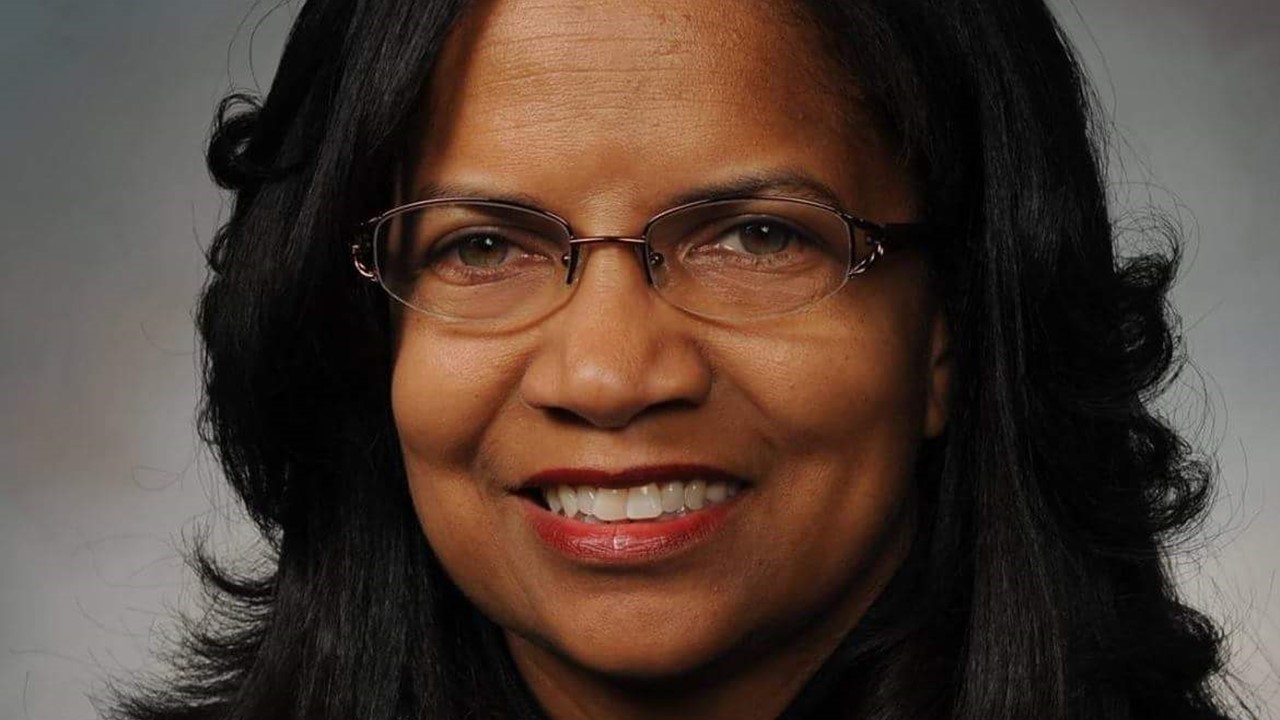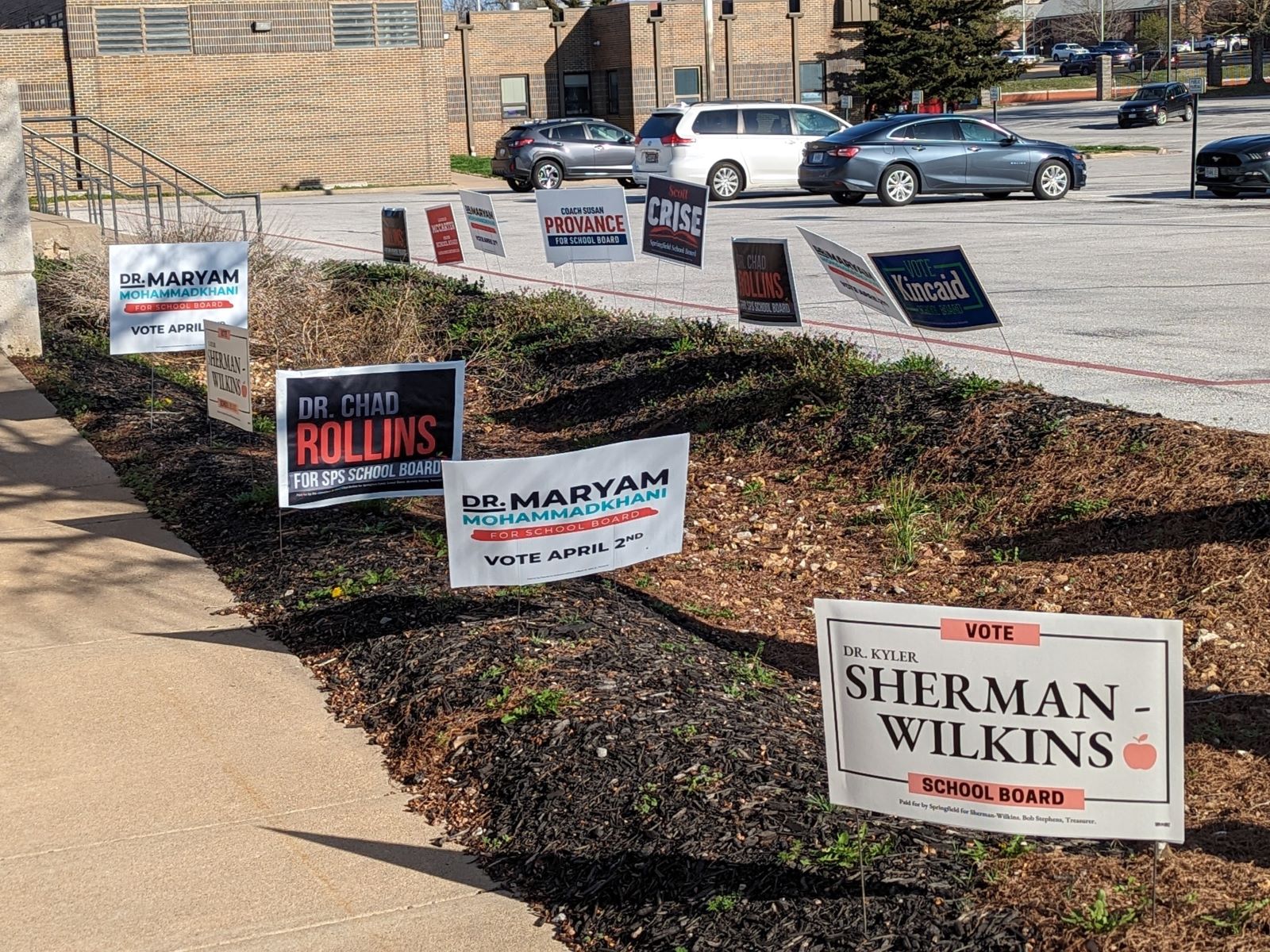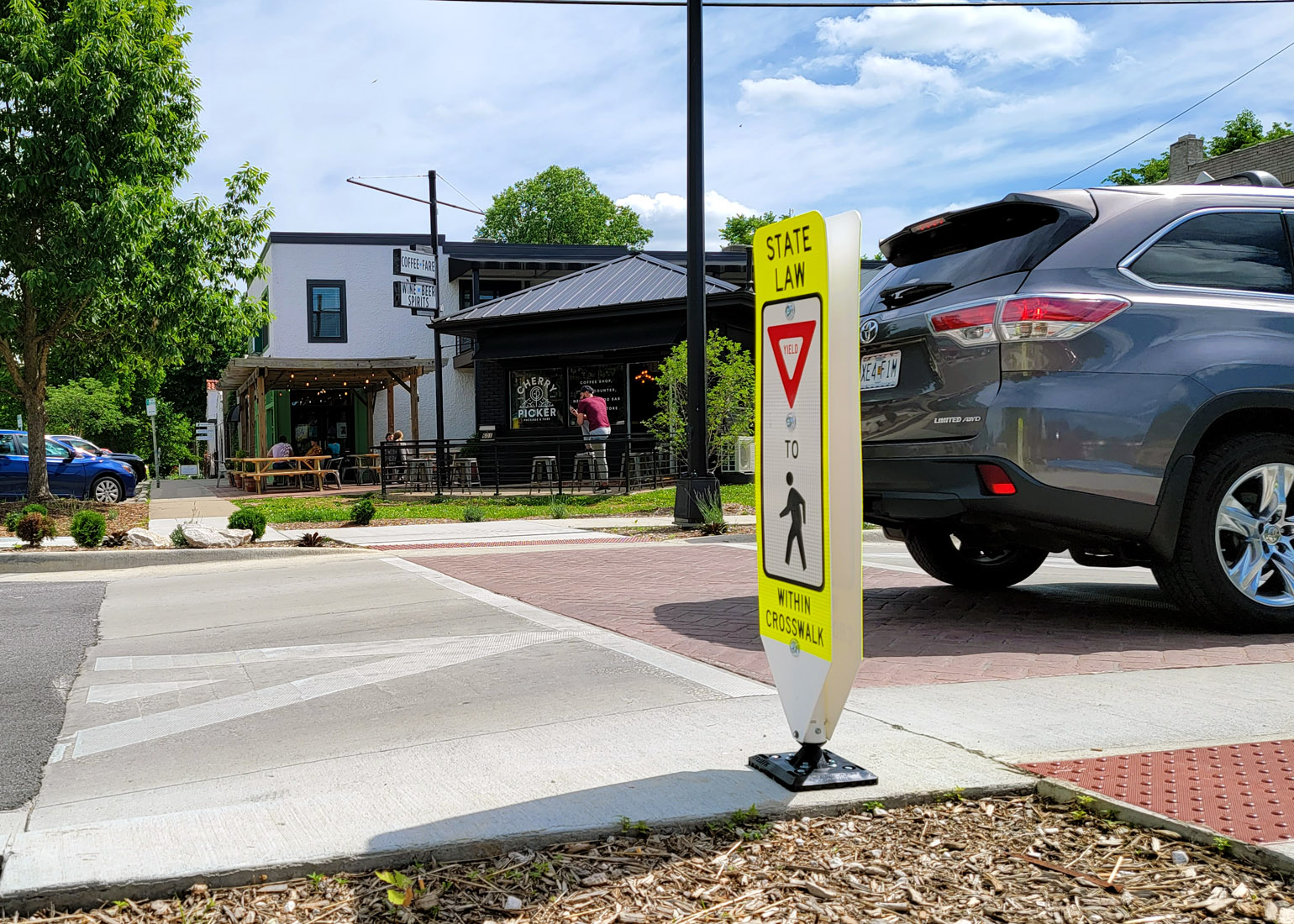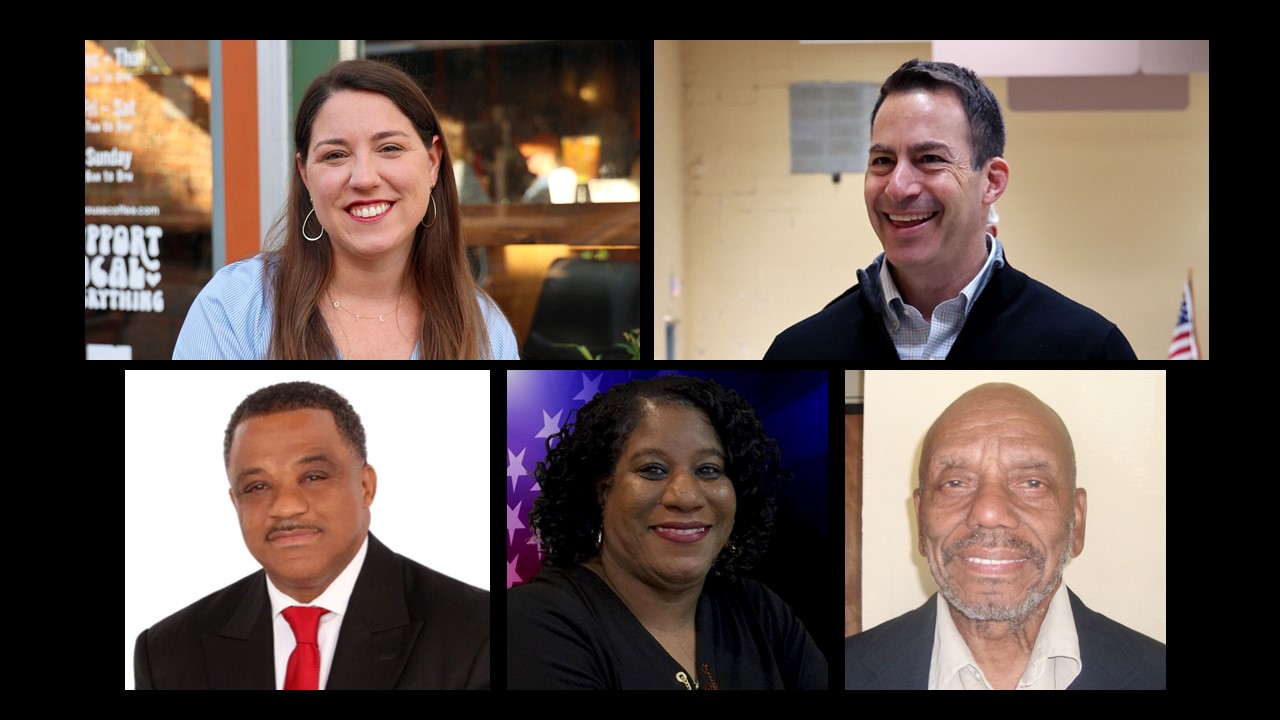I attended the 2022 Prosperity Summit on behalf of Community Partnership of the Ozarks this month. The summit explored racial and ethnic economic wealth from historical practices to practices we see today.
In opening remarks, information was shared of how the U.S. tries to identify groups by labeling and sometimes these groupings diminish the focus needed to move towards equity. For example, the term “People of Color” or “Black, Ingenious, and People of Color (BIPOC)” is used to identify individuals who have not always had access and inclusion to resources and services to advance equitable wealth.
Gary Cunningham, President & CEO of Prosperity, suggested the use of a more inclusive term, People of Culture. He stated when individuals are aligned with being a part of one group, the opportunity is missed to address individual needs based on individual cultures. These identifications lead to a value placed on people.
Somewhere in history, a decision was made to place value on individuals based on their culture or status. For example, slaves were once counted as three-fifths of a person, women did not have the right to vote, and many essential workers were not completely recognized as valued workers until the impacts of COVID-19. The value system is influenced by economic wealth.
David Ballard, Inclusive Growth Policy Manager at the Center for American Progress, stated when basic needs are met for all, individuals can better participate in the economic market. Who determines the worth of an individual to participate in the economic market?
Did you know 1 in 4 Americans are with a disability and people with disabilities are twice as likely to live in poverty or be unemployed? In Springfield, 12.5% of the population identified as living at or below the poverty level (2020 U. S. Census).
Springfield establishes five pillars of change
We may not be able to control national policies, and practices that determine who is worthy. However, in Springfield the Mayor and City Council adopted five pillars of change focused on these principles:
- Dialogue and Understanding
- Cultural Consciousness
- Advocacy and Partnerships
- Structural and Systemic Barriers
- Personal and Organizational Accountability
COLUMN CONTINUES BELOW
An equitable economic society can be developed locally by building public power through investing in people by meeting their basic needs. One proven national best practice is the child tax credit — instrumental in reducing poverty for children. Another best practice is reducing food insecurity — an area where Springfield has made great strides.
I believe the “Dialogue and Understanding” pillar can help Springfield redefine who is worthy. Do we give the same level of worthiness to a star athlete as we do someone without a home or a returning citizen? Aren’t all three individuals worthy of having food, clothing, and housing?
Ballard suggested a redefinition of work.
- Did you know there are jobs where individuals with disabilities are paid $3 less per hour? Ballard shared Section 14(c) of the Fair Labor Standards Act was created to encourage employers to hire people with disabilities. However, it has devalued the worth of an individual.
- Did you know people with disabilities have limitations on the amount of money they can save? Think about other financial limitations when needing accommodations. Think of someone with a disability that has back problems, heart conditions, or other non-visible disabilities, we can develop a different path with value and worth to develop economic gains.
Other best practices include tax preparation to take full advantage of the Earned Income Credit, a guaranteed basic income, or baby bonds. Ballard shared Chicago was able to work with the Social Security Administration to adjust policies that penalized individuals with disabilities so they could participate in programs to develop skills for better paying jobs.
Also, employers reaching out to untapped labor (hidden workers) continues to be an option for moving people of culture to greater economic wealth.
City can promote economic wealth for all
Springfield can take steps to improve economic wealth for all. Springfield can conduct an economic analysis that includes strong participation from people of culture, which includes race, ethnicity, and individuals with disabilities. The National Disability Institute defines disability as one who is with limitations in major life activities. The Institute analyzed data from the 2019 FDIC Survey of Household Use of Banking and Financial Services. Their report highlights financial inequalities faced by persons with disabilities, particularly for Black and Latinx populations. There was not enough data to provide estimates for people with disabilities who are Asian, Native American, Alaska Native, Hawaiian Native or other Pacific Islanders. People who make up the economy need to be included in data.
People with disabilities should be included on Boards and task forces as well as People of Culture. Also, we should realize the type of work a person does should not define the person’s worth.
The guiding principles developed from the pillars approved by our Mayor and City Council can change the trajectory for Springfield to improve equitable access to opportunities, recognizing the inherent dignity, value and worth of everyone. It would be great to see private, public and social sectors adopt the principles through an inclusive excellence model.








